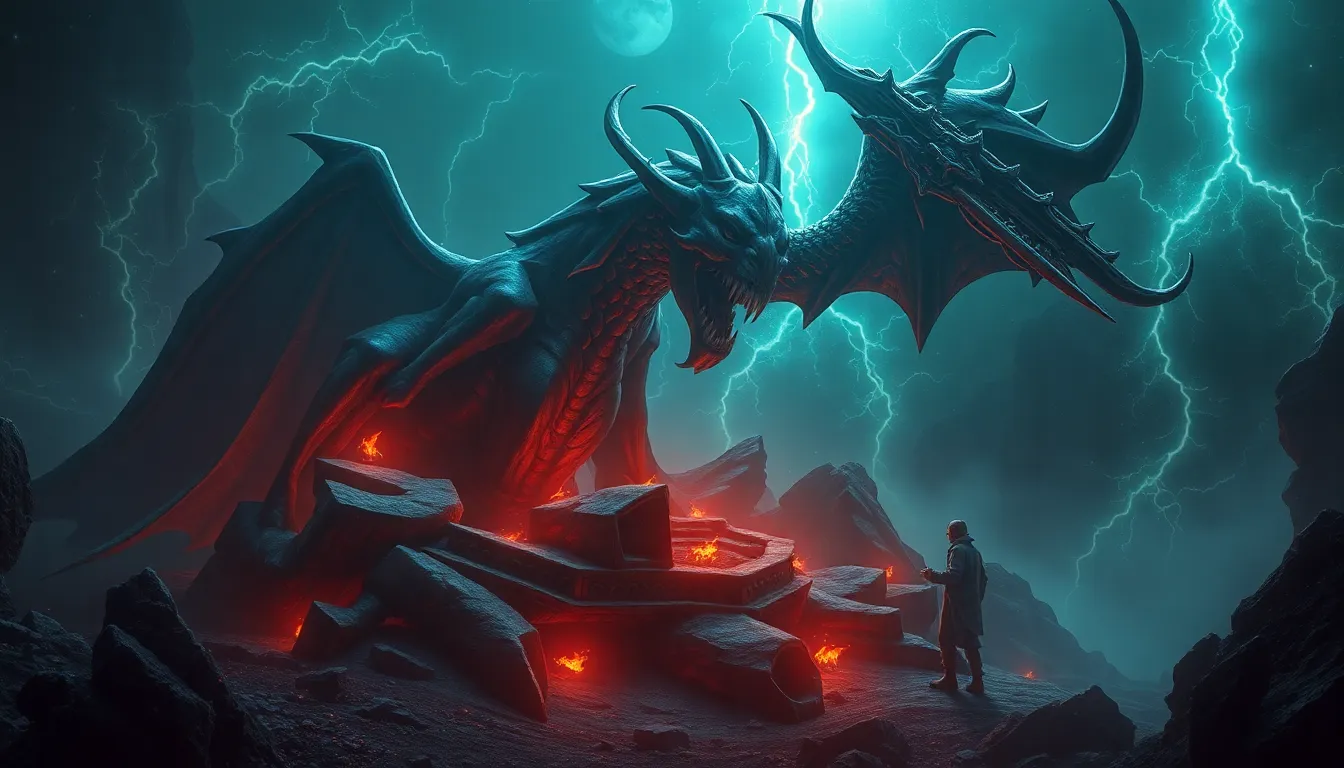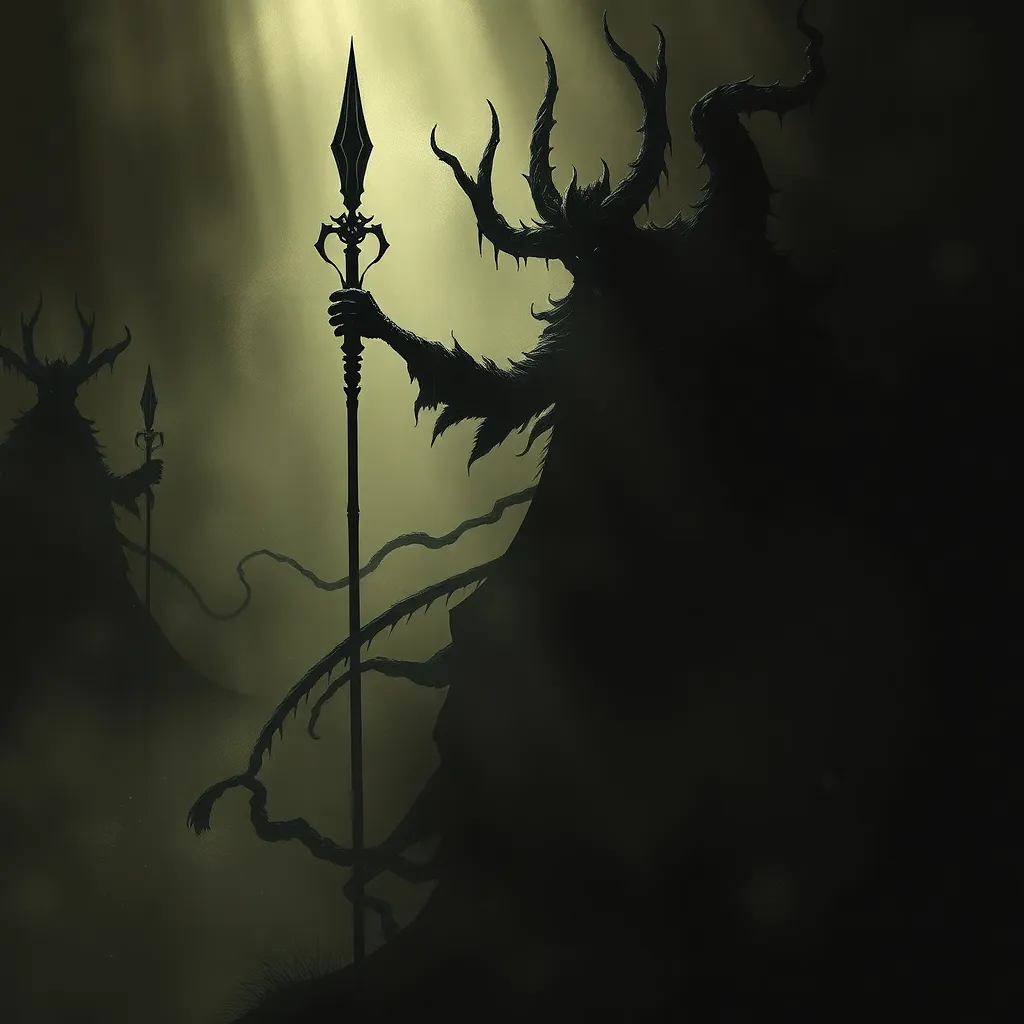The Mythical Impact of Cultural Heroes on Society
Introduction to Cultural Heroes
Cultural heroes are figures that embody the ideals, values, and struggles of a society. They often serve as sources of inspiration and are essential in shaping collective identities. Across cultures, these heroes are celebrated for their contributions, bravery, and moral fortitude. This article explores the significance of cultural heroes, their historical context, types, impacts on identity and values, roles in social movements, critiques, and their future in a rapidly changing world.
Historical Context of Cultural Heroes
The concept of heroes has evolved significantly through history. In ancient cultures, such as those found in Greek mythology, heroes were often demi-gods or individuals favored by the gods, like Hercules and Achilles, who faced formidable challenges. Indigenous legends also showcase heroes, such as the trickster Coyote in Native American folklore, who embodies both wisdom and folly.
Storytelling has played a crucial role in shaping hero narratives. Oral traditions passed down through generations have not only preserved the tales of these heroes but have also reflected the values and beliefs of societies throughout time.
Types of Cultural Heroes
Cultural heroes can be classified into several categories:
- Mythical Heroes: Characters from myths and legends, such as Gilgamesh or Thor.
- Historical Heroes: Real individuals who have made significant contributions to society, like Mahatma Gandhi or Martin Luther King Jr.
- Everyday Heroes: Ordinary people who perform extraordinary acts of kindness and bravery, often recognized in local communities.
- Fictional Characters: Heroes from literature, film, and television, such as Harry Potter or Wonder Woman, who resonate with audiences and reflect societal values.
Impact on Identity and Values
Cultural heroes play a pivotal role in shaping national or ethnic identity. They embody the characteristics that societies aspire to, allowing people to connect with their heritage and values. For instance, figures like Nelson Mandela and Rosa Parks are celebrated not just for their individual contributions but for symbolizing the struggles against oppression and the quest for equality.
Through hero narratives, moral and ethical values are transmitted across generations. These stories often promote ideals such as courage, sacrifice, and perseverance. Case studies of specific heroes illustrate their influence on societal values:
- Harriet Tubman: Represents courage and the fight for freedom.
- Malala Yousafzai: Embodies the importance of education and women’s rights.
Cultural Heroes and Social Movements
The relationship between cultural heroes and social change is profound. Heroes often emerge during times of crisis, rallying people toward a common cause. Figures such as Martin Luther King Jr. and Cesar Chavez became symbols of the civil rights and labor movements, respectively, inspiring generations to pursue justice and equality.
Modern activism has also produced new heroes, such as Greta Thunberg, who has galvanized the youth climate movement. Hero narratives can mobilize communities, providing a framework for collective action and fostering a sense of belonging among supporters.
Critique of Cultural Heroes
While cultural heroes can inspire, there are dangers in idealizing them. Flawed heroes can create unrealistic expectations, leading to disillusionment when they fail to meet the high standards set by society. Additionally, the glorification of certain figures can overshadow the contributions of others, particularly marginalized voices.
Counter-narratives and anti-heroes also challenge traditional concepts of heroism. Figures like the Joker or anti-heroes in modern literature and film question the nature of morality and challenge audiences to reconsider what it means to be a hero.
The Role of Media and Technology
Modern media has transformed how cultural heroes are portrayed and perceived. Social media platforms enable the rapid spread of hero narratives, allowing individuals to share stories and amplify voices that may have otherwise gone unheard. Additionally, digital storytelling has created new avenues for hero narratives, with platforms like YouTube and TikTok showcasing everyday heroes and their acts of kindness.
Cultural Heroes Across Different Mediums
Heroes can be examined across various mediums, including literature, film, and video games. Each medium offers unique ways to explore hero archetypes:
- Literature: Characters like Atticus Finch from “To Kill a Mockingbird” embody moral integrity.
- Film: Movies like “Schindler’s List” highlight the courage of individuals during horrific times.
- Video Games: Characters like Link from “The Legend of Zelda” engage players in heroic quests.
The globalization of cultural heroes has also led to a blending of narratives, where heroes from different cultures influence one another and create a rich tapestry of stories that resonate worldwide.
The Future of Cultural Heroes
Emerging trends in hero narratives reflect a growing emphasis on diversity and representation. As societies evolve, so do the characteristics and stories of their heroes. Future narratives are likely to encompass a broader range of experiences, highlighting heroes from various backgrounds and identities.
Predictions for the evolving role of cultural heroes include a focus on intersectionality, where heroes embody multiple identities and experiences, reflecting the complexities of modern society. This shift is significant in ensuring that future hero stories resonate with a diverse audience.
Conclusion: The Enduring Legacy of Cultural Heroes
In summary, cultural heroes hold a mirror to society, reflecting our values, struggles, and aspirations. They inspire and mobilize, shaping collective identities and social movements. However, as we celebrate these figures, it is essential to recognize their complexities and the nuances of their narratives.
As we move forward, let us redefine and reimagine heroes for future generations, ensuring that the stories we tell are inclusive, diverse, and reflective of the rich tapestry of human experience.




